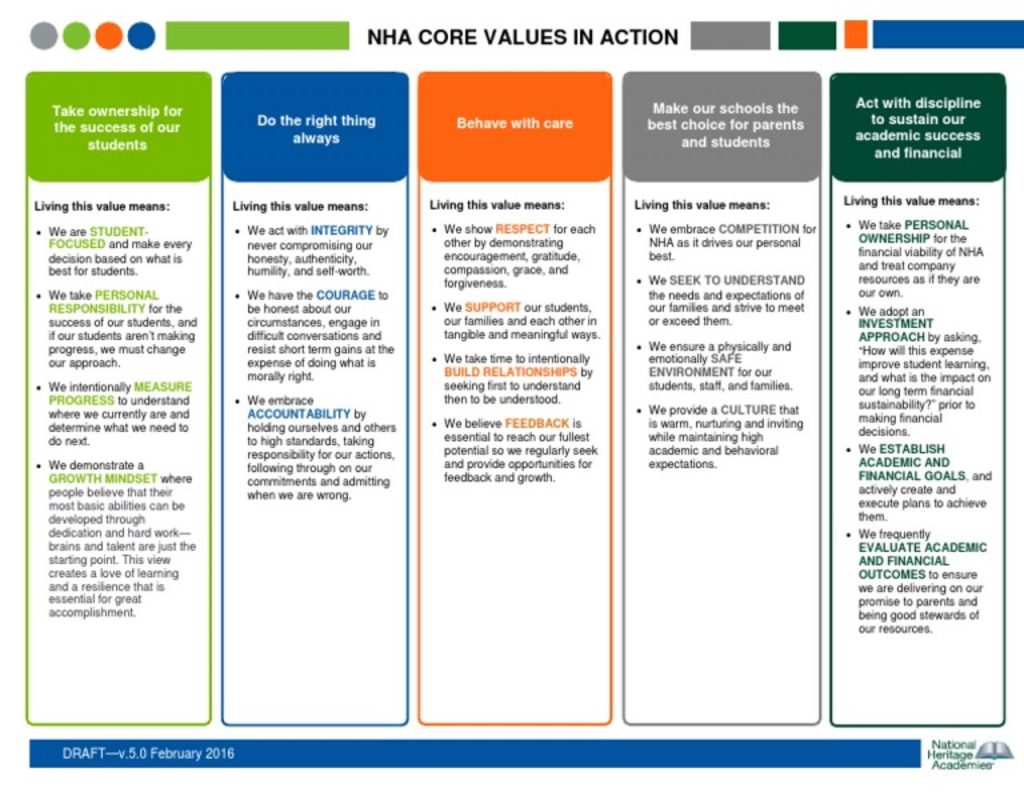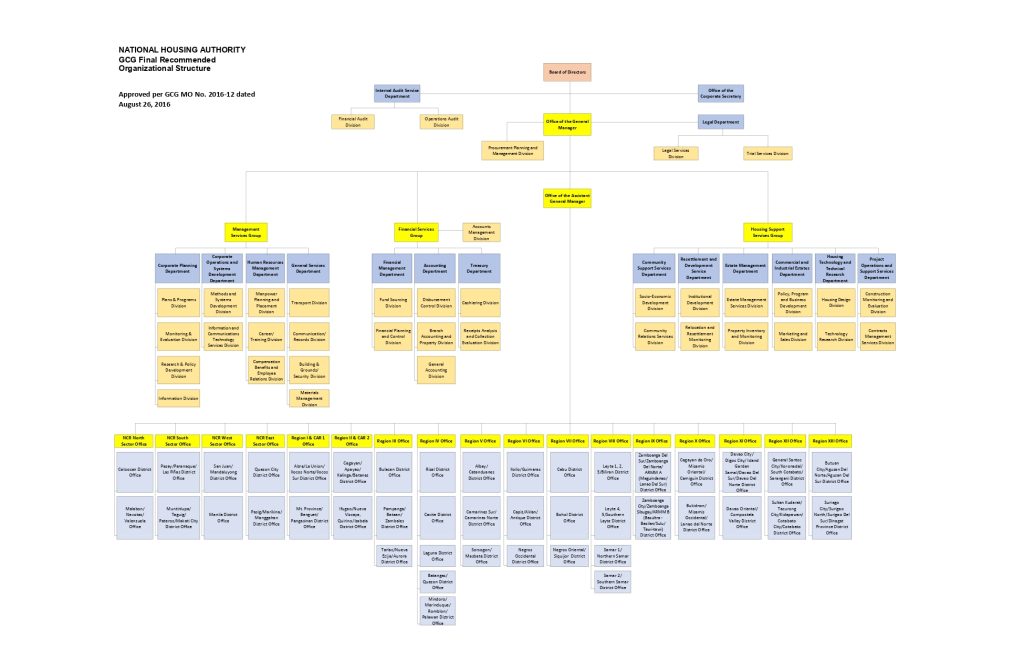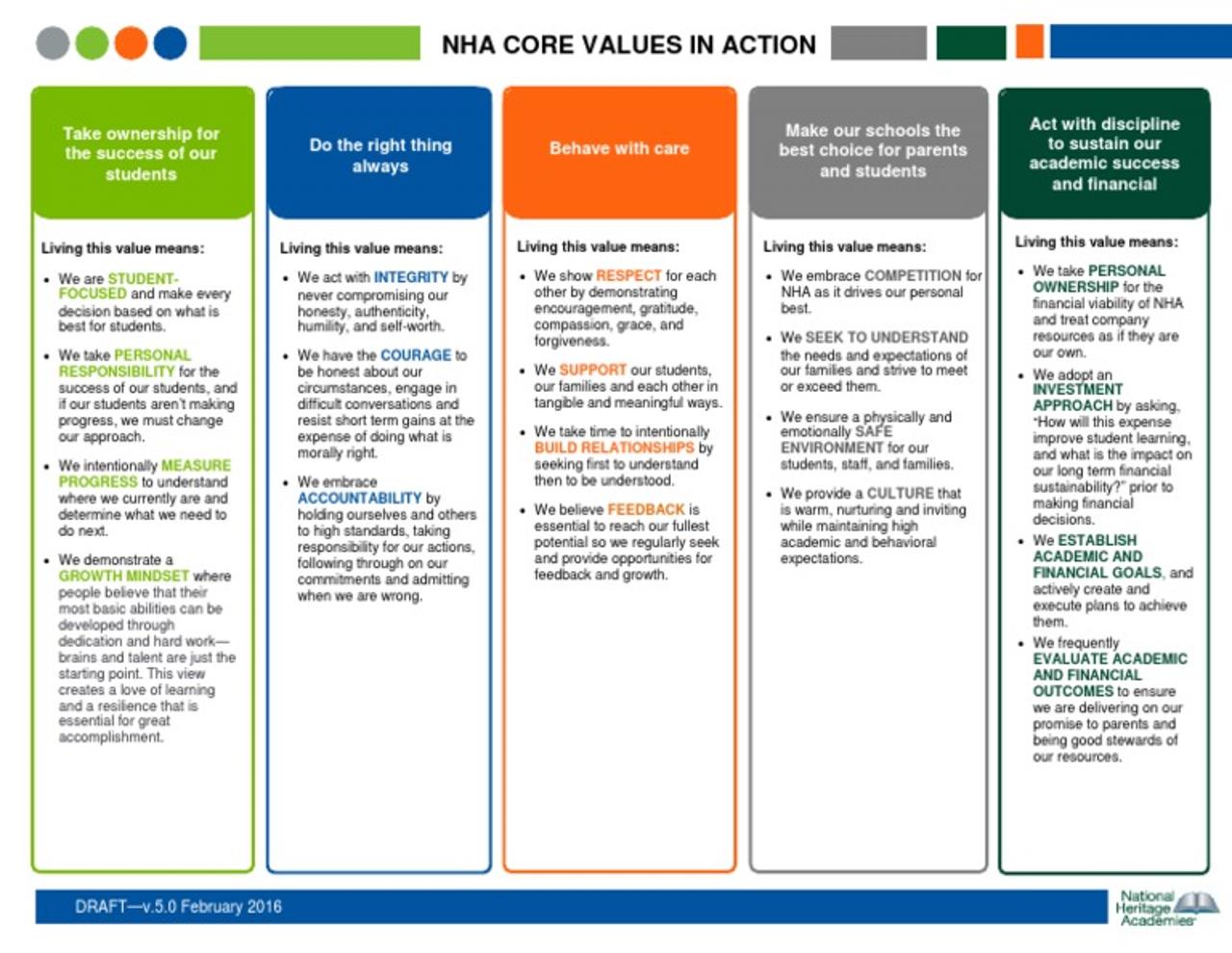The National Housing Authority (NHA) is a government-owned and -controlled corporation (GOCC) in the Philippines tasked with addressing the housing needs of low-income and marginalized families. Established in 1975, it consolidates various housing functions under one agency, ensuring affordable and inclusive housing solutions.
NHA operates under the administrative supervision of the Department of Human Settlements and Urban Development (DHSUD), focusing on comprehensive housing programs across the nation. Its initiatives include resettlement projects, housing assistance for calamity victims, and support for indigenous peoples and government employees.
What is NHA?
The NHA is a GOCC established on July 31, 1975, tasked with addressing the housing needs of low-income families. It operates under the DHSUD and is primarily responsible for implementing housing programs, including resettlement projects and partnerships with private developers. The NHA focuses on providing affordable housing options through various schemes, such as Completed Housing Projects and Incremental Housing Projects. Additionally, it plays a facilitator role, promoting private sector participation in housing initiatives. Despite its efforts, the NHA has faced challenges in achieving its housing targets and ensuring timely project completion.
History
The NHA was established in 1975 to consolidate the government’s housing efforts, particularly for low-income families. Its origins trace back to the People’s Homesite Corporation (PHC) in 1938 and the National Housing Commission (NHC) in 1945, which merged in 1947 to form the People’s Homesite and Housing Corporation (PHHC). Over the years, several other housing agencies were integrated into the NHA, streamlining the government’s approach to addressing housing needs. The NHA was placed under the Ministry of Human Settlements in 1978 and later under the supervision of the Office of the President in 1986, as part of broader housing policy reforms. In 2019, the NHA was aligned with the newly established DHSUD to continue its mission of providing affordable housing.
NHA Logo

The NHA (National Housing Authority) logo features a stylized design that includes a yellow tree-like structure set against a blue background. The tree branches symbolize growth, development, and the nurturing of communities. Surrounding the tree are white geometric shapes that represent houses, signifying the NHA’s commitment to providing shelter and building homes for Filipinos. The green base symbolizes stability and the land, indicating the foundation of the housing projects. Overall, the logo reflects NHA’s mission to create sustainable, inclusive, and livable communities.
Mission
The NHA operates as guided by the following mission statement:
“By 2025, NHA shall have addressed 23% of the housing need by building affordable, livable, adequate, and inclusive communities with basic services and socio-economic opportunities.”
Vision
It’s operation is designed to achieve this vision:
“A viable organization that leads in the provision of comprehensive and well-planned human settlements for the homeless, marginalized, and low-income families, thereby improving their quality of life.”
Core Values

The NHA upholds these core values that guide its mission to provide housing solutions for low-income families and vulnerable communities. It reflects the agency’s commitment to its goals and the communities it serves.
- Integrity: Upholding honesty and transparency in all operations and interactions.
- Service: Prioritizing the needs of the community and ensuring access to housing and related services.
- Collaboration: Working together with various stakeholders, including government agencies and private sectors, to achieve housing objectives.
- Sustainability: Focusing on environmentally friendly practices and long-term viability in housing projects.
- Empowerment: Enabling communities through education, resources, and support to improve their living conditions and quality of life.
Quality Policy
The NHA’s Quality Policy is centered on building sustainable, inclusive communities through the following commitments:
- Ensuring access to basic services, community facilities, and socio-economic opportunities for low-income families.
- Implementing comprehensive, gender-responsive housing programs with key stakeholders.
- Fostering ongoing organizational development to enhance employee potential and corporate goals.
- Adhering to laws, policies, and regulations while continuously improving quality management.
- Upholding quality through good governance, integrity, accountability, and transparency.
Mandates
The NHA is mandated to implement and oversee various housing and resettlement programs through the following key responsibilities:
- Develop and execute a comprehensive housing program, integrating government and private sector roles (PD 757).
- Continue operations under existing laws, aligned with the Department’s policy directions (RA 11201).
- Collaborate with LGUs for court-ordered eviction relocations and provide support for urban housing programs (RA 7279).
- Implement key components of the National Shelter Program, including resettlement and land banking (RA 7835).
- Establish resettlement sites for informal settlers displaced by infrastructure projects (RA 10752).
- Prioritize socialized housing for the poor, particularly in hazardous areas, and streamline housing access procedures (RA 11291).
- Coordinate transitional shelters for vulnerable groups affected by disasters (RA 10821).
- Lead the disposition of government lands for socialized housing (EO 131).
- Oversee the Government Employee and AFP/PNP Housing Program (AO 9).
- Guide disaster recovery efforts by developing resilient settlements for displaced families (NDRRMP).
Powers and Functions
The NHA is endowed with specific powers and functions to fulfill its mandate of addressing the housing needs of the population. These powers and functions are essential for the effective implementation of housing programs and policies.
- Develop and implement housing programs: Create comprehensive housing and urban development initiatives for various sectors, especially for low-income families and informal settlers.
- Prescribe guidelines for land use: Establish standards for the reservation, conservation, and utilization of public lands designated for housing and resettlement.
- Provide technical assistance: Support local government units in implementing urban development and housing projects.
- Formulate housing management plans: Develop and regularly update plans that outline financial resources and operational strategies for housing projects.
- Facilitate citizen participation: Engage communities in the planning and execution of housing programs, allowing for public input and feedback.
Organizational Structure

The NHA’s organizational structure is led by a Board of Directors, composed of ex-officio members, with the Chairman from the DHSUD. The General Manager, appointed by the President, serves as the Chief Executive Officer, supported by the Assistant General Manager. As of March 31, 2024, the NHA employs 1,663 plantilla employees, 52 non-plantilla employees, and 1,335 contract service personnel. This structure enables the NHA to manage and execute its housing and resettlement programs effectively.
Benefits
The establishment of the NHA has brought several significant benefits to the country, particularly in addressing housing needs and promoting community development.
- Affordable Housing: The NHA provides low-income families access to safe and affordable housing through various programs, including socialized housing initiatives.
- Community Development: Beyond just housing, the NHA invests in infrastructure and community facilities, enhancing the overall quality of life for residents.
- Economic Growth: NHA projects stimulate local economies by creating jobs in construction and related sectors, contributing to broader economic development.
- Disaster Resilience: The agency focuses on developing disaster-resilient housing, which is crucial for communities vulnerable to natural calamities.
- Policy Formulation: The NHA plays a key role in shaping housing policies that address the evolving needs of the population, ensuring a comprehensive approach to urban development.
Coverage
The NHA serves a diverse range of beneficiaries, focusing on those most in need of housing assistance.
- Low-Income Families: Primarily targets families with limited financial resources to provide affordable housing options.
- Informal Settler Families (ISFs): Assists families living in informal settlements without secure land tenure.
- Disaster-Affected Communities: Provides housing solutions for families affected by natural disasters, such as Typhoon Yolanda.
- Indigenous Communities: Implements special housing programs tailored to meet the unique needs of indigenous peoples.
- Persons with Disabilities (PWDs): Offers housing assistance and programs specifically designed for individuals with disabilities.
- Government Employees: Includes housing programs for regular and contractual government employees, as well as Overseas Filipino Workers (OFWs).
Programs and Services
The NHA offers various programs and services to address the housing needs of different sectors:
1. Housing Program for ISFs in Danger Areas
Provides housing and support services for families living in hazardous zones in Metro Manila through in-city, near-city, and off-city resettlement projects.
2. Resettlement Program for Manila Bay ISFs
Supports the relocation of informal settler families affected by the Supreme Court’s Mandamus to clean up Manila Bay and its tributaries.
3. Resettlement Assistance Program to LGUs (RAP-LGU)
Offers financial and technical support to local government units for urban development and housing initiatives.
4. Housing Assistance for Indigenous Peoples (HAPIP)
Provides housing in ancestral domains or LGU-owned lands, including dormitories for IP students in state universities and colleges.
5. Resettlement Assistance for Former Rebels
Facilitates housing for former rebels as part of their reintegration into society.
6. Comprehensive Social Benefits Program (CSBP)
Offers housing for the families of AFP and PNP personnel who were killed or wounded in action.
7. Government Employees Housing Program
Provides housing solutions for government employees, including enhanced units for uniformed personnel.
8. Settlements Upgrading (SU)
Enhances informal settlements on government-owned land by providing infrastructure, titling, and housing development.
9. Marawi Rehabilitation
Contributes to the reconstruction of Marawi by building shelters and community facilities for displaced residents.
10. Housing Assistance for Calamity Victims (HAPCV)
Addresses the housing needs of families displaced by disasters such as typhoons, earthquakes, and landslides.
11. Emergency Housing Assistance Program (EHAP)
Delivers immediate housing support to families affected by disasters through cash or construction materials.
Video: The National Housing Authority
To better understand what the NHA is and what it can actually do for you, you may want to watch this video:
Summary
The NHA is a concrete testament to the government’s efforts to meet the housing and financial needs of its citizens. Through its diverse programs, NHA continues to build communities that are not only inclusive and affordable but also sustainable and resilient. As the nation progresses, NHA’s role in providing housing and financial aid will remain crucial in ensuring that every Filipino has a place to call home.
Contact Information
For more information, you can contact the NHA at their main office in Quezon City, or visit their official website and social media pages.
National Housing Authority (NHA)
Main Office Address: 5 Elliptical Road, Diliman, Quezon City
Contact Number: (02) 8426-4703 or (02) 8354-0961, (02) 8921-4066 (Information Division)
Email Address: housingassistance@nha.gov.ph
Official Website: https://nha.gov.ph/
Official Social Media Pages
Facebook: https://web.facebook.com/OfficialNHA?_rdc=1&_rdr
Youtube: https://www.youtube.com/@NationalHousingAuthority
